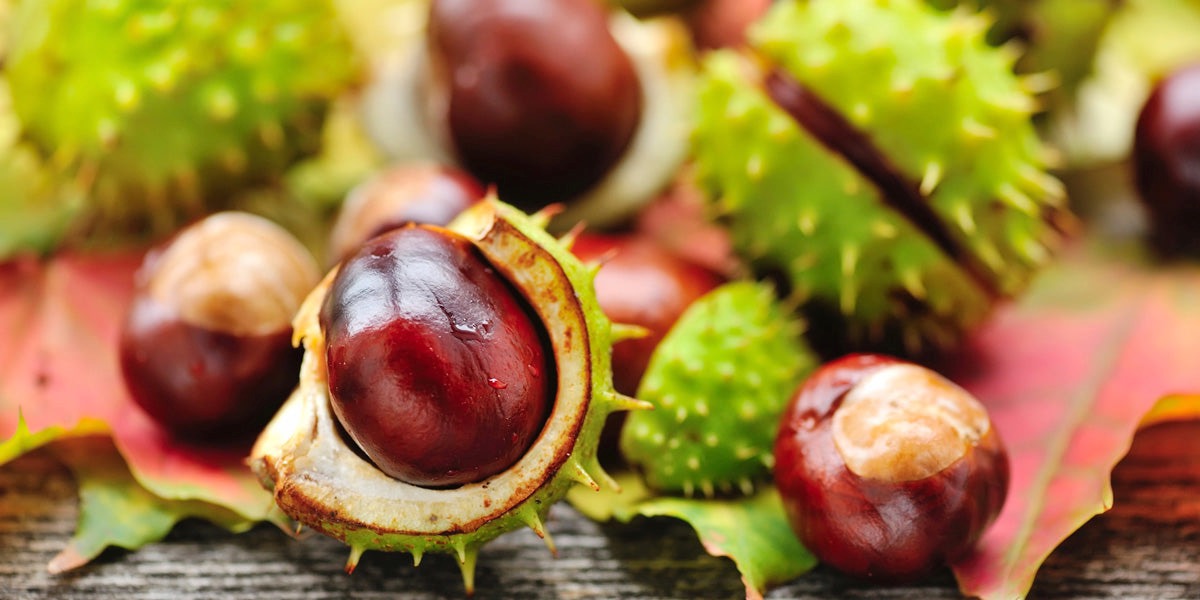

Found this useful?
Please share it.
Aesculus Hippocastanum
Introduction
Horse chestnut, scientifically known as Aesculus hippocastanum, is a remarkable tree native to the Balkan Peninsula in Southeastern Europe. While its name may suggest a connection to horses, it has a rich history and numerous benefits, particularly in traditional medicine. Horse chestnut trees have become a beloved fixture in many regions of the world, not only for their aesthetic appeal but also for the incredible health benefits they offer.
Interesting Facts About Horse Chestnut
Health Benefits of Horse Chestnut
Precautions and Side Effects
While horse chestnut offers various health benefits, it’s essential to exercise caution:
Horse chestnut is a fascinating tree with a rich history and a wealth of health benefits. While it has played a prominent role in traditional medicine for centuries, it’s crucial to use horse chestnut products responsibly and consult with a healthcare professional to ensure their safe and effective use. Whether you’re looking to improve your circulatory health, alleviate pain, or simply enjoy the beauty of horse chestnut trees, this remarkable plant has much to offer.
Great tips, articles, product information and more. Working towards a greater state of holistic health.